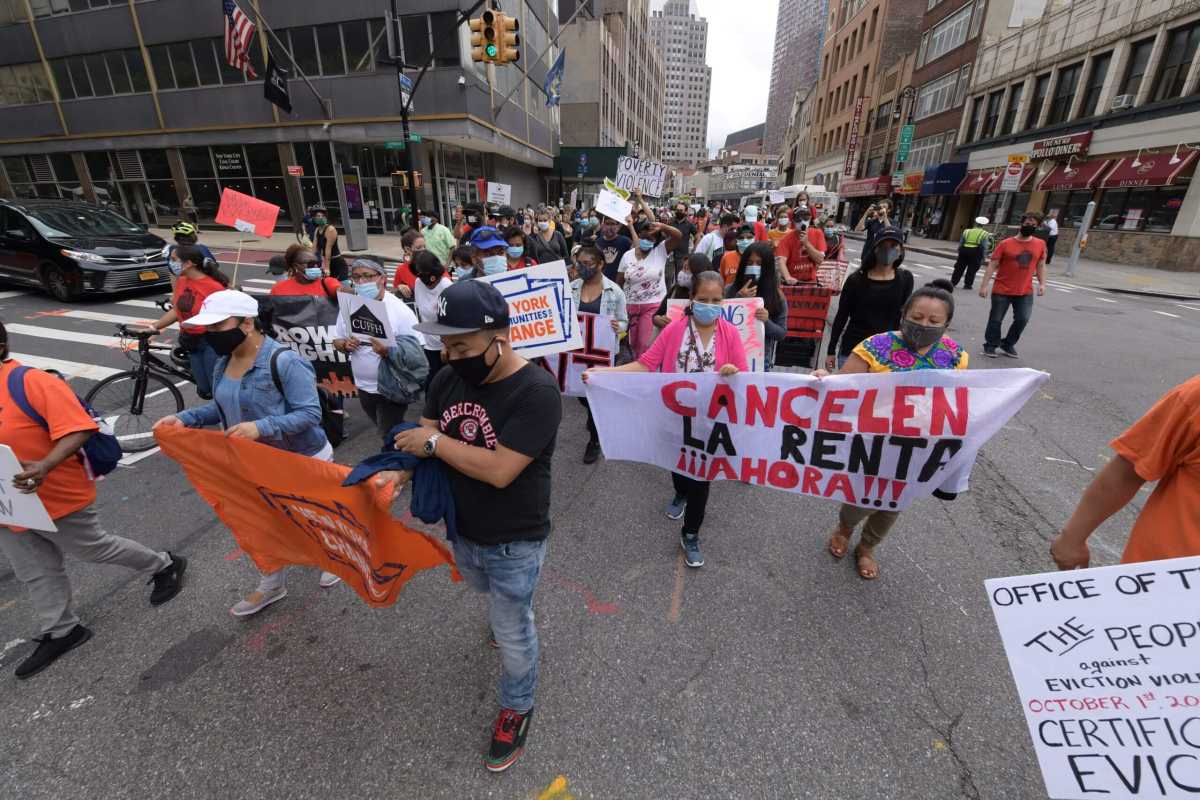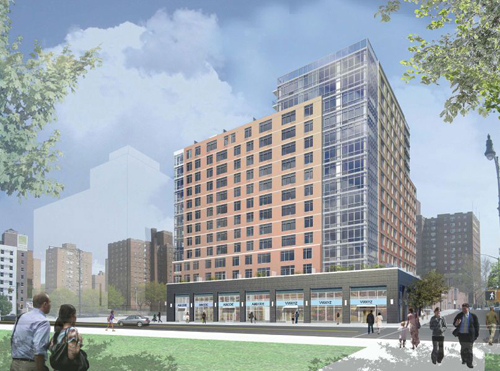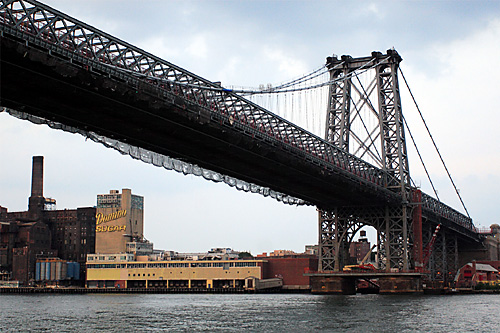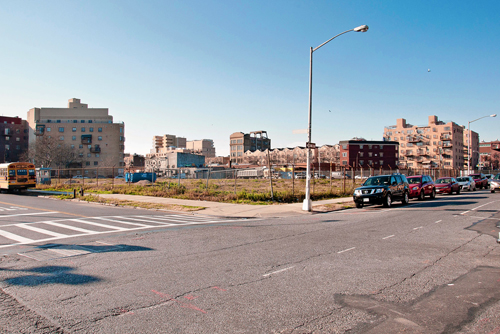State lawmakers passed an extension to ban residential evictions until May 1 during a special session in Albany on Monday, Dec. 28.
The new law will allow renters and homeowners to avoid evictions or foreclosures for nonpayment of rent or mortgages if they fill out a form saying they’re struggling financially amid the COVID-19 pandemic. The legislation will potentially save thousands of New Yorkers from being kicked out of their homes in the months ahead, according to the law’s sponsor.
“From the beginning of the COVID-19 pandemic we have understood that housing security must be an essential part of our effort to protect the health and wellbeing of all New Yorkers,” said state Sen. Brian Kavanagh (D–Brooklyn Heights). “By enacting this comprehensive residential eviction and foreclosure moratorium, we are delivering real protection for countless renters and homeowners who would otherwise be at risk of losing their homes, adding to the unprecedented hardship that so many are facing.”
The new law expands protections for renters, homeowners, and small-time landlords, just as a patchwork of measures from the federal and state governments preventing some evictions are set to expire come Jan. 1.
The bill creates a standardized form for residents to send their landlords or housing courts declaring they can’t pay rent or afford to move because of economic struggles or health concerns connected to the coronavirus pandemic, preventing them from being evicted or halting an ongoing eviction case against them.
Previously, tenants had to prove in court that they suffered financial hardship due to COVID-19 under a partial moratorium issued by the Centers for Disease Control and Prevention and an executive order by Gov. Andrew Cuomo, but housing advocates said that was too high a hurdle for most residents.
A blanket moratorium dating back to the start of the pandemic in March was lifted by New York courts in October. City marshals then began carrying out the first legal evictions in November, starting with cases that were filed in court prior to the pandemic, including one household on Ninth Street in Gowanus, Law360 reported.
Tenant advocates rallied repeatedly in and around Downtown Brooklyn’s housing court starting in the summer, at times storming offices of local housing lawyers and staging protests outside a city marshal’s office.
The new bill halts all pending evictions and those filed within the first 30 days of the new law for at least 60 days to give tenants time to file the forms.
Landlords must provide the form to tenants they are in the process of or plan to evict and the declaration will also be available on the website of the state’s Office of Court Administration, according to Kavanagh.
However, tenants can still be evicted if they violate their leases by disturbing or endangering other tenants, the bill reads.
Homeowners and landlords with less than 10 units are also protected from foreclosure or tax lien sale through a similar financial hardship declaration under the bill.
The move was hailed by one lawyer for the Legal Aid Society as a life-saving measure as infection rates continue to rise through the cold winter months.
“This legislation is critical and it will literally save lives,” said Judith Goldiner, attorney-in-charge of the Society’s Civil Law Reform Unit, in a statement. “This legislation, as written, will establish a bulwark against eviction that is one of the, if not the, strongest moratoriums in the country.”
One housing advocate applauded the measure, but called on the state to cancel the mounting back rent that will come due on May 1, urging politicos to include rent and mortgage relief in next year’s budget.
“In order to prevent massive economic disaster, our legislature must clear the back rent owed by New Yorkers and create a hardship fund for small landlords struggling to keep their buildings safe and afloat,” said Cea Weaver of the advocacy group Housing Justice for All. “The need for universal rent cancellation is more urgent than ever, as is the need to raise taxes on the wealthy. Unless our state legislature is comfortable with a massive wave of evictions on May 1 of next year, they must include the clearing of accrued rental debt in the 2021 state budget.”
The bill passed both chambers of the legislature and Cuomo signed it into law Monday, Newsday reported.
Update (Tuesday, Dec. 29, 9:34 am): This story has been updated to reflect that the eviction bill was passed by the legislature and signed by Gov. Cuomo.






















